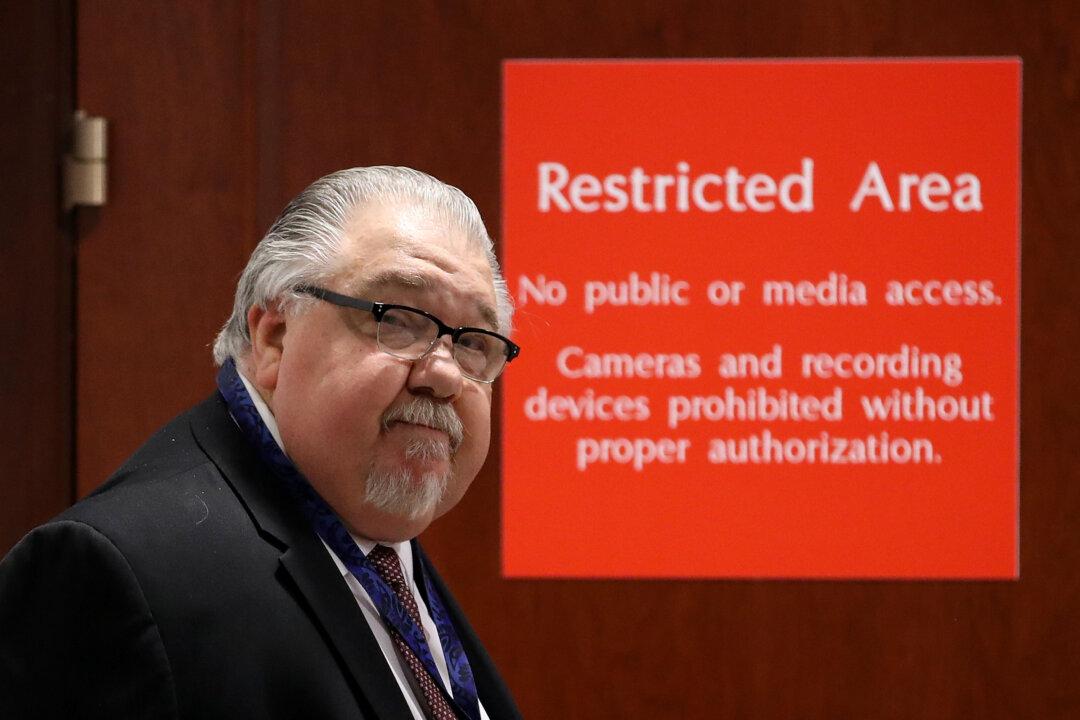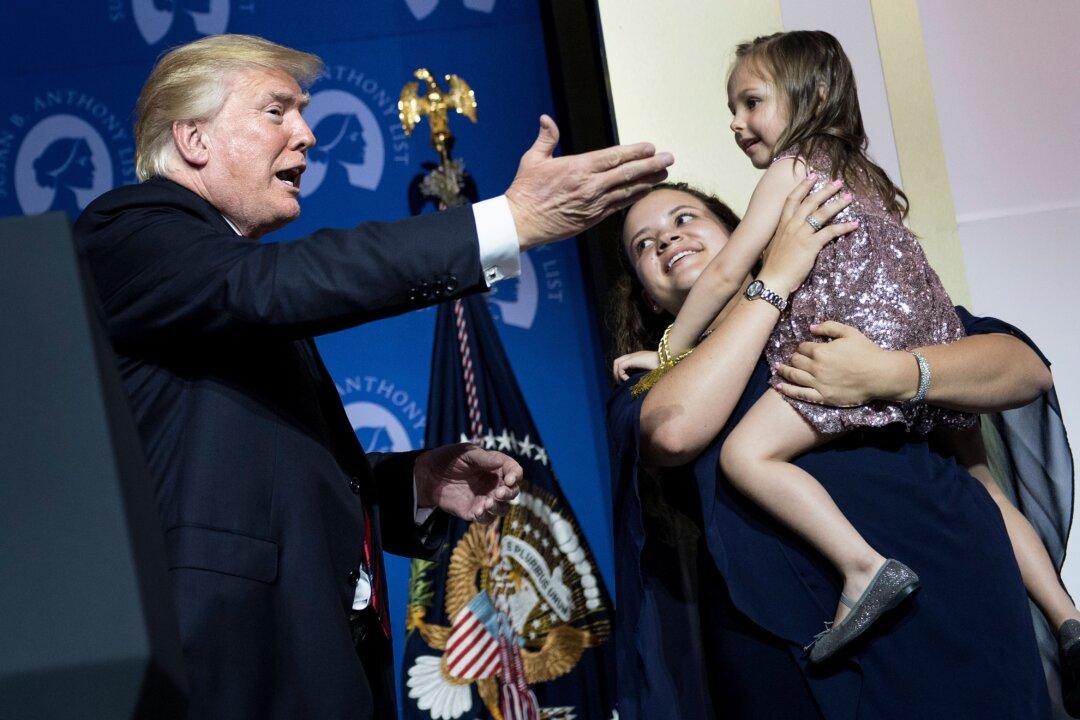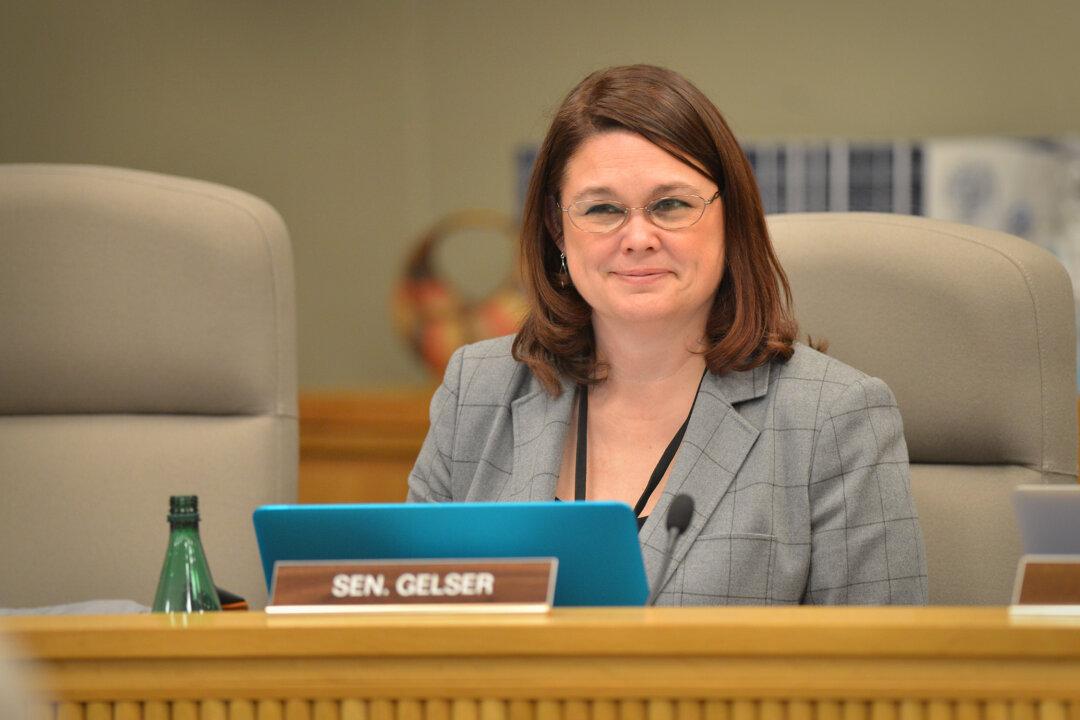President Donald Trump’s campaign, during a 2016 meeting with a prominent pro-Ukraine advocacy group in Washington, made it clear that Trump wasn’t prepared to automatically send military aid to Ukraine to confront Russia, and this angered the Ukraine advocates in attendance, a Trump campaign co-chairman told The Epoch Times.
Sam Clovis, national co-chairman of Trump’s 2016 campaign, said Trump’s position at the time was identical to the position that he took in withholding $250 million in approved aid from Ukraine while in office, based on his stated belief that NATO member countries should pay their fair share for their participation in the transnational defense alliance.



